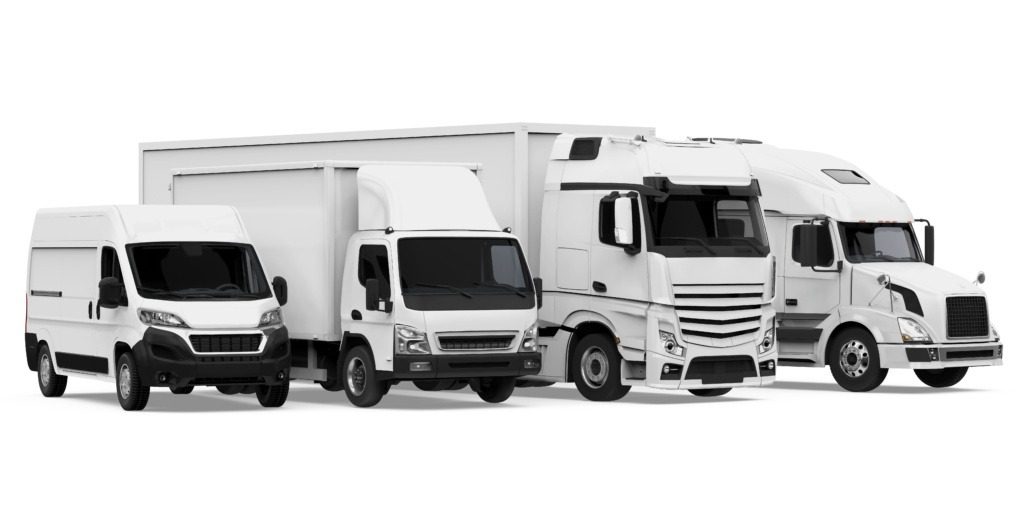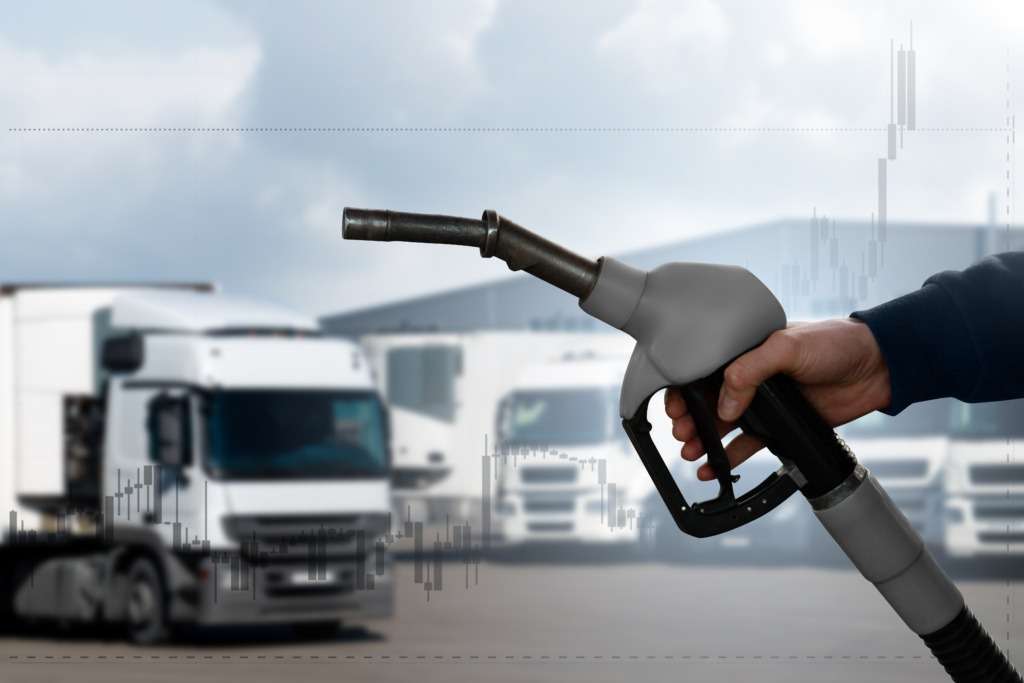Transportation
Revolutionize Your Fleet Operations with Data-Driven Solutions


In the United States, the fleet industry employs about 8 million people and generates nearly $1 trillion in revenue each year. While the transportation industry is a major source of economic activity, it also accounts for over 25% of all greenhouse gas emissions and suffers from legacy business practices contributing to operational inefficiencies.
Tailored Solutions for Fleets
QX Impact brings cutting-edge data analytics solutions to revolutionize fleet operations to address the unique challenges faced by the fleets enabling efficiency and cost minimization.
Control Fuel Costs
Cut fuel costs and eliminate waste with actionable insights into your fleet’s fuel purchase and consumption. Our solutions pinpoint the influence of vehicle and driver factors like speeding, idling, and harsh braking on fuel waste, giving you the data to optimize performance and save money.




Enhance Operational Efficiency
Shift from reactive to proactive asset management with our advanced predictive insights. With the help of advanced predictive analytics, we help you predict maintenance needs and slash Total Cost of Ownership (TCO). We empower you to manage your fleet smarter, minimize downtime, and maximize asset value.
Improve Driver Compliance
Utilizing AI-driven solutions, we analyze telematics and various vehicle sensor data to detect driving patterns indicating inefficiencies and unsafe behaviors. These observations serve as a basis to mentor drivers toward safer practices and enhance fuel efficiency, all while ensuring adherence to regulatory standards.




Streamline Processes
Our services streamline logistical processes through data-driven strategies, enabling smoother supply chain operations, inventory management, and demand forecasting. By analyzing historical data and implementing predictive modeling, we help you anticipate market changes, mitigate risks, and create agile logistics frameworks that adapt to evolving demands seamlessly.
Enable Data-Driven Decisions
From data collection to analysis and implementation, QX Impact offers end-to-end data analytics solutions with customized reports and visualizations. We collaborate closely with your team to understand your specific needs and deliver actionable insights that optimize operations, reduce costs, and drive sustainable growth.


Fleet Analytics– Sample Use Cases
Fuel Management
Quantify fuel-saving opportunities with AI-enabled insights into fuel consumption based on driver behavior, trip analysis, ambient conditions, and other factors.
Predictive Maintenance
Identify vehicle problems before they lead to catastrophic failures. Improve fleet health and longevity, lowering the total cost of ownership.
Route Optimization
Map out the optimal routes and fueling stops to reduce fuel expenses and driver costs by leveraging telematics, GPS, and fuel price data.
Driver Engagement
Identify fuel-saving opportunities attributable to specific driving behaviors such as idling, speeding, rapid acceleration, and harsh braking.
Cost Analysis
Identify inefficiencies, such as underutilized vehicles, excessive maintenance costs, or unnecessary overheads, and implement appropriate cost-saving measures.
Inventory Management
Reduce waste and overstocking by helping logistics companies optimize their inventory levels, reduce bottlenecks, and improve delivery efficiency.
Fleet Analytics– Resources
Explore our collection of resources designed to provide you with valuable insights and strategies.
Ready to embark on a data-driven journey to redefine success?
Partner with QX Impact to realize the full potential of your fleet and logistics operations. Contact us to schedule a free consultation.
FAQ
Commonly Asked Questions on Fleet Analytics
Fleet analytics involves the systematic analysis of data gathered from various fleet operations, including vehicle telematics, fuel consumption, drivers, routes, GPS data, and maintenance records. Fleet analytics aims to derive valuable insights to optimize fleet performance, enhance operational efficiency, and make data-driven decisions.
Fleet analytics utilizes diverse data sets, including GPS data, weather patterns, traffic information, vehicle sensors, customer behavior, maintenance records, and more. These data sources help in understanding and optimizing transportation operations.
Fleet analytics plays a significant role in reducing emissions by optimizing routes to minimize fuel consumption, promoting efficient vehicle maintenance, and enabling better utilization of resources, ultimately leading to a reduction in environmental impact.
Technologies such as GPS tracking systems, telematics, predictive analytics, machine learning, and IoT (Internet of Things) sensors are commonly utilized in fleet analytics. These technologies help in collecting, analyzing, and interpreting data to make informed decisions.
Fleet analytics typically tracks and measures key performance metrics such as fuel efficiency, vehicle utilization rates, maintenance costs, route optimization success, and driver safety scores. These metrics provide insights into fuel consumption patterns, operational effectiveness, maintenance needs, and overall fleet productivity, allowing companies to make data-driven decisions to optimize their fleet operations.
Implementing fleet analytics involves several steps. Firstly, it requires identifying the specific goals and key performance indicators (KPIs) the company wants to address. Next, it involves gathering relevant data from various sources within the fleet, such as vehicles, drivers, maintenance logs, and telematics systems. Lastly, implementing analytics tools or platforms, analyzing the collected data, and integrating the insights into decision-making processes form a crucial part of the implementation process, ensuring that the company can leverage data-driven strategies to optimize its fleet operations.
Case Studies and Customer Stories
Discover how our data strategies have brought tangible results to our clients. From optimizing operations to boosting revenue, see real success stories.




